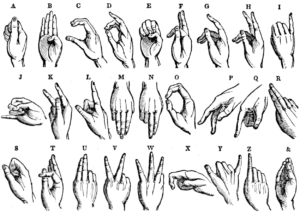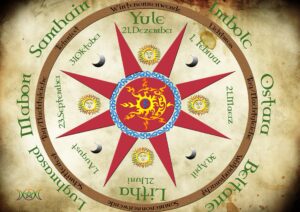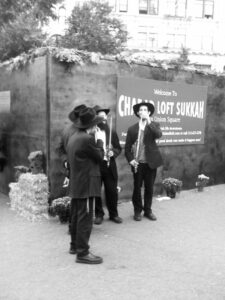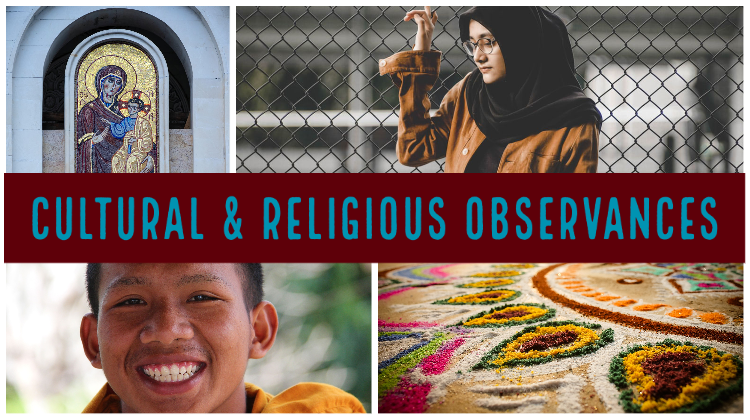National Deaf Awareness Week
Culture/religion: National observance
Date: September 20-24

International Week of the Deaf was started by the World Federation of the Deaf in 1958 in Rome, Italy. It is celebrated each year by the global Deaf community on the last week of September, commemorating the same month the first World Congress of the World Federation of the Deaf was held.
Sources:
International Week of the Deaf, World Federation of the Deaf
Mid-Autumn Festival
Culture/religion: Chinese heritage
Date: September 21

Mid-Autumn Festival is the second most important festival in China after the Chinese New Year. Mid-Autumn Festival is celebrated on the 15th day of the 8th lunar month, which is always in the middle of the autumn season in China.
The day is also known as the Moon Festival. At this time of year, the moon is believed to be at its fullest and brightest, and Chinese people worship the moon and appreciate the full moon on that day. In Chinese culture, a full moon symbolizes reunion, so this is a time to reunite with families, worship and appreciate the moon together and enjoy a reunion dinner.
Sources:
Mid-Autumn Festival – Chinese Moon Festival and Second Grandest Festival, Travel China Guide
Mabon
Culture/religion: Pagan/Wiccan
Date: September 21

Mabon is known as the Pagan Thanksgiving and marks the Autumn Equinox, when day and night are equal in length. In ancient time, it was a celebration of the second harvest (Lughnasadh being the first) when farmers gathered the fall crops.
Mabon celebrations are a time to give thanks for the abundance of Mother Earth. It’s a good time to recognize successes and let go of the things that did not go as planned.
Sources:
Mabon, Mabon House
Sukkot
Culture/religion: Judaism
Date: September 21-27

Sukkot is a week-long Jewish holiday occurring five days after Yom Kippur. Sukkot celebrates the gathering of the harvest and commemorates the miraculous protection God provided for the children of Israel when they left Egypt.
The Torah refers to Sukkot by two names: Chag HaAsif (“the Festival of Ingathering” or “Harvest Festival”) which is a time to express appreciation of the bounty to be harvested; and Chag HaSukkot (“Festival of Booths”) which commemorates the temporary dwellings God made to shelter ancestors on their way out of Egypt.
For seven days and night, meals are taken in the sukkah (a hut built to provide shade). The goal is to spend as much time in the sukkah as possible, typically eating all meals there – especially the festive meals of the first two nights of the holiday.
Sukkot begins at sundown on September 20. No work permitted on September 21-22. Work permitted on September 23-24 and September 26-27 with certain restrictions.
Pronunciation: soo-KOHT / SUK-uhs
Sources:
What is Sukkot? and What is a Sukkah?, Chabad.org
Glossary of Jewish Terminology, Judaism 101, jewfaq.org

